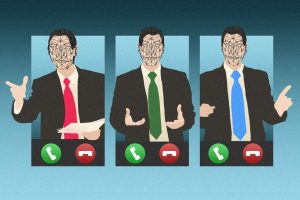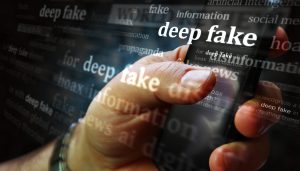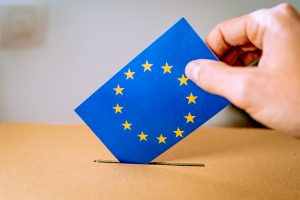The EU is debunking Russian lies concerning key issues in these European elections on many different levels, says Ursula von der Leyen. The Commission President and European People’s Party candidate was responding to a question from To Vima English Edition on how likely it is that Moscow will interfere in, or even sabotage, the European elections, how dangerous this could be, and what message she would like to send to Vladimir Putin and to the Europeans who will be casting their vote.
We have followed Ursula von der Leyen on the campaign trail to Split, Croatia, where she and Prime Minister Andrej Plenković spoke to journalists.
“Russia’s behavior poses a real threat. We see a lot of Russian involvement in social media, where they use fake news and abuse misinformation,” she said, while explaining what the Commission has done to address such threats over its five-year term.
“We have set up instruments to deal with this sort of misinformation. For example, the Digital Services Act (DSA) now allows us to ask platforms to remove any fake news and then to check to make sure they have done so. We continue to debunk the Russians’ lies about these European elections and their key issues on many different levels,” she explained. She also stressed the role European voters have to play.
She said “It is important for European citizens to be vigilant, to be aware of outsider interventions, to think critically and to remember that we want to protect our Union and mold a stronger future for the EU. The most important part is to go and vote on the day.”
In response to the same question, Croatian Prime Minister Andrej Plenković pointed out that “fake news campaigns are omnipresent, though they’re undoubtedly most prevalent in online forums and online communication. And the misinformation they convey is impacting on democracy today. The world interacts massively with the digital world. This is especially true of young people, the generation that literally relies on the internet for 90% of their news, rather than the TV or newspapers. In essence, that’s how they create their filters. It’s something we all have to deal with, and which we can all see for ourselves.”
A few days ago, when Ursula von der Leyen’s campaign website came under attack from bots, she responded with a clear message: “Cyberattacks will not deter us.”








